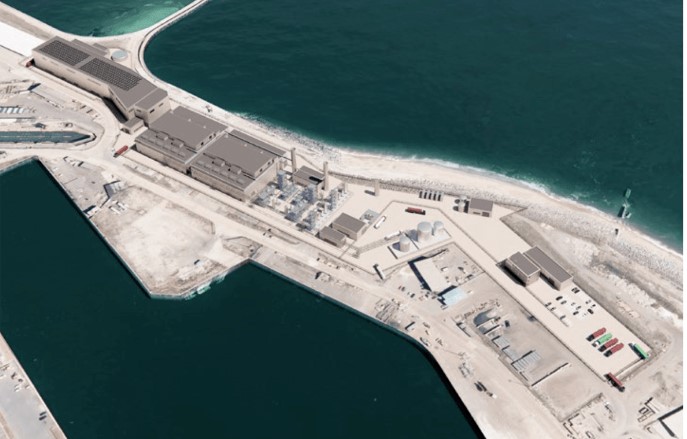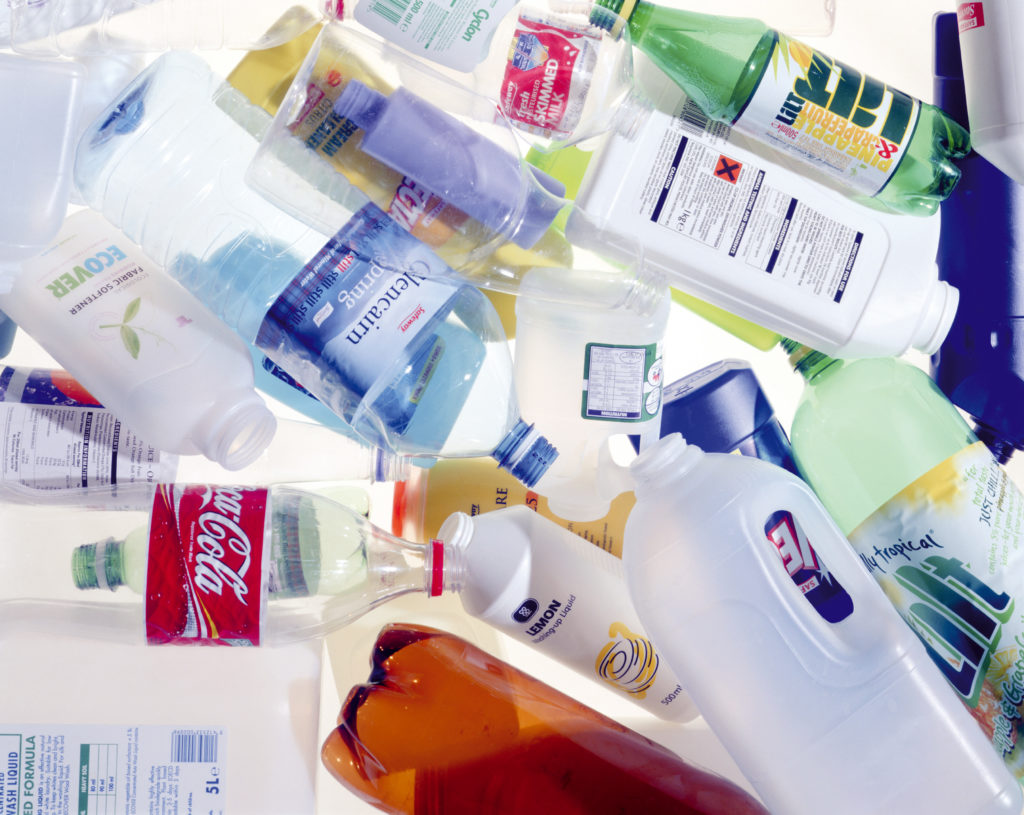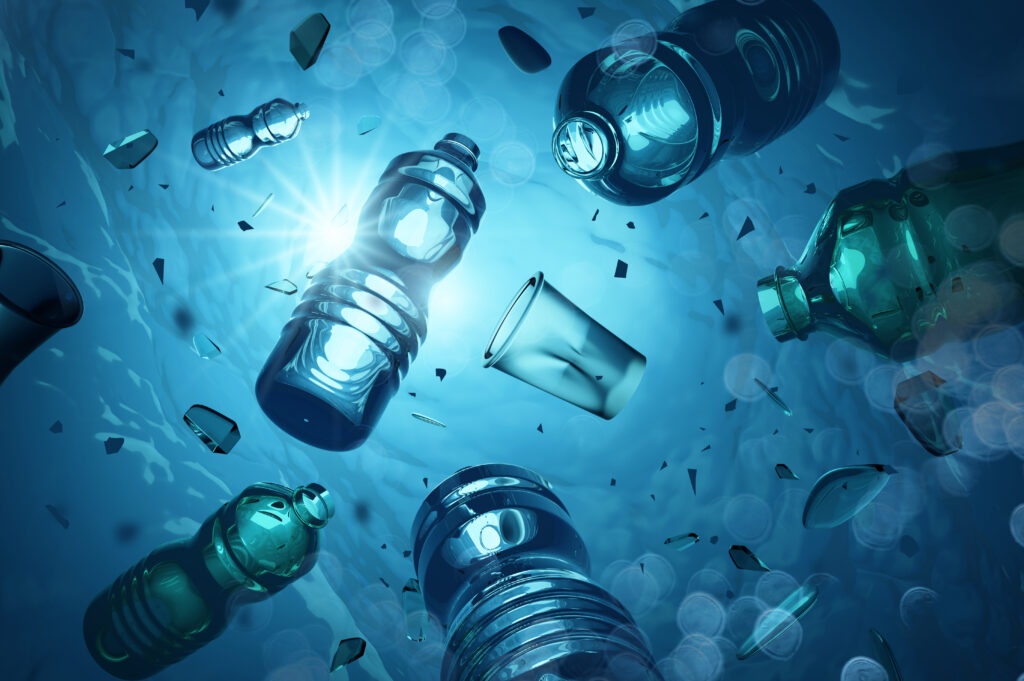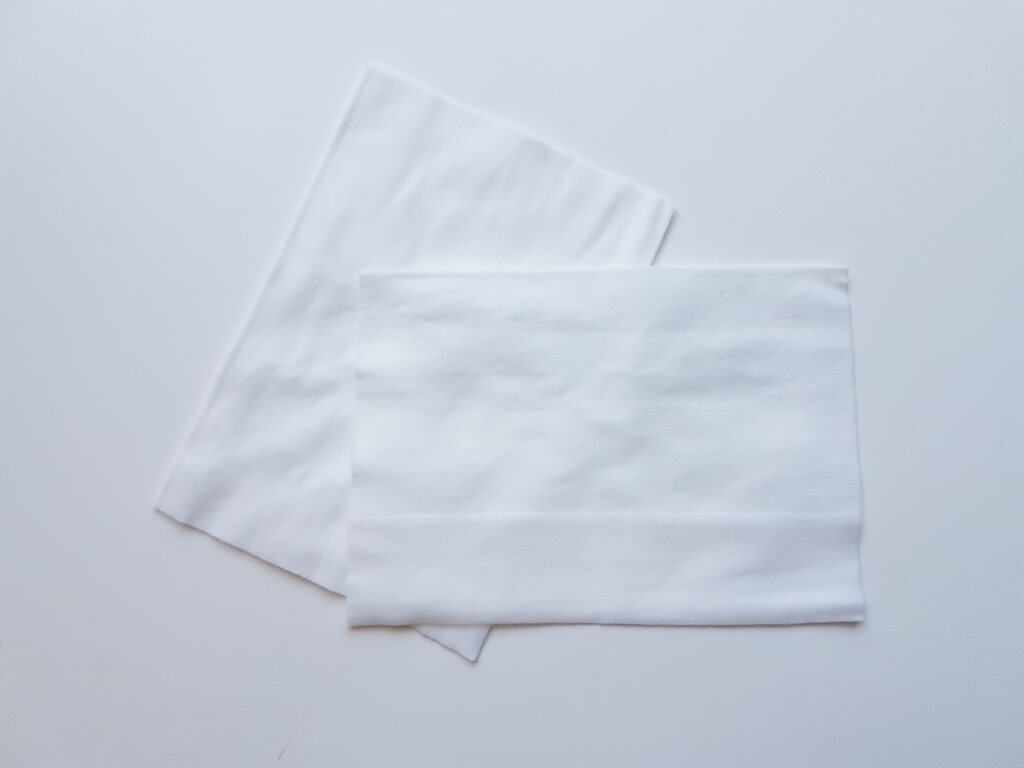The plastics packaging tax came into effect on 1 April 2022 and placed a £200 a tonne levy on plastic packaging manufactured in or imported into the UK containing less than 30% recycled content. This was increased to £210 from April this year.
As part of a raft announcements to mark Tax Administration and Maintenance Day, the Treasury announced plans to consult on a change to the tax to encourage chemical recycling.
Today we’re announcing a new consultation on reforming the Plastic Packaging Tax to encourage business investment in chemical recycling. pic.twitter.com/do87G1hlYV
— HM Treasury (@hmtreasury) April 27, 2023
A consultation will be launched on the use of a “mass balance approach” for the tax which would calculate the recycled content in packaging made from chemically recycled plastic.
The Treasury explained that this is a way to “calculate the recycled content in packaging made from chemically recycled plastic, so it can contribute to the 30% recycled content threshold above which no tax is due”.
Minister for business and trade, Nusrat Ghani said: “Our world-leading manufacturing sector creates jobs, drives investment and helps us achieve our goal of growing our economy. By working together with industry on how the Plastic Packaging Tax can take a ‘mass-balance’ approach to calculating the recycled content in chemically recycled plastic, this consultation once again shows our support for business, innovation and growth.”
The Treasury added that the move will “encourage investment in chemical recycling”.
‘Mass balance’
A ‘mass balance’ approach was also mentioned by the European Commission in 2021 when it discussed how to calculate and verify the use of recycled plastic in packaging.
In summary, the mass balance approach is a process for calculating the use of chemically recycled feedstock in a final product, when both recycled and virgin feedstock or bio-based and fossil feedstock have been used in the process.
Such an approach is not needed for mechanical recycling because it is easier to distinguish materials which can be separated, treated and included in new products.
Chemical recycling
Chemical recycling is the process of converting polymeric waste by changing its chemical structure and turning it back into substances that can be used as raw materials for the manufacturing of plastics or other products.

While the technology has been noted as a potentially significant part of the future of plastic recycling, getting successful projects off the ground has been difficult.
In 2019, the Bureau of International Recycling heard that the process was “at least 10 years away” (see letsrecycle.com story).
However, companies and large organisations are investing into the technology. Viridor is close to acquiring Quantafuel for around £90 million, which the company said was a sign it is “backing” the technology”.
The treasury reasoned that “unlike mechanical recycling, chemical recycling can break down plastic waste to a molecular level to produce feedstock which can be used to produce new plastic.”
It added: “This means it can offer a complementary route for plastic waste which can’t be mechanically recycled, reducing amounts going to incineration or landfill. It can also produce a higher quality of recycled plastic.”










Subscribe for free